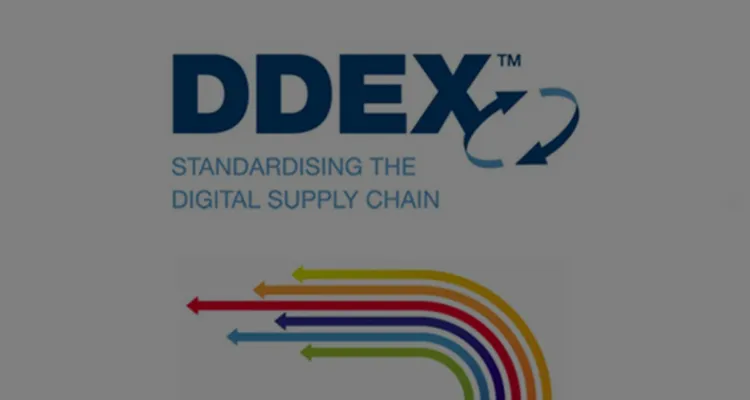Photo Credit: DDEX
DDEX has released the Electronic Release Notification standard version 4.3. It’s the international standards-setting organization dedicated to improving the exchange of data and information in the music industry.
DDEX says the ERN 4.3 update adds more functionality and reduces the complexity from earlier ERN versions. As part of the update, DDEX also updated the ERN Choreography for Cloud Based Storage standard which defines how record companies or distributors can securely transmit information to DSPs and caters for non-repudiation requirements to be met.
It also updated the ERN Choreography for Web Services standard which defines how record companies or distributors can securely transmit information to DSPs using an Atom-based web service architecture. Those updates can be viewed in full on the DDEX Knowledge Base.
What does the ERN 4.3 Update Include?
- Full support for the communication of data about immersive audio including data about different sound engineers and mixers who helped to create the immersive editions.
- Enabling a record company or distributor to provide data about sound recording and video clips that are authorized for a user-generated content DSP, allowing its users to create and upload short clips which embody the identified sound recording or video clips in the user’s creation.
- Support for data about more granular album visibility dates for streaming DSPs, including when DSPs are permitted to show both the cover art and track listings for a new release.
- A ‘hook’ mechanism to enable a record company or distributor to direct the DSP from the ERN message to Media Enrichment and Description (MEAD) and/or Party Identification and Enrichment (PIE) messages. These messages communicate rich metadata about the sound recordings, musical works, and parties involved and has been shown to boost usage.
- Significantly enhanced handling of classical music requiring less human intervention by clarifying the rules as to how to communicate title data for individual movements, hierarchical title data for bigger classical works (concerto, symphony, oratorio, etc.), and data about soloists, orchestras, composers, and conductors.
Several DDEX members are committed to implementing the new ERN 4.3 standard because of the improved functionality. Universal Music Group, Beggars Group, and Spotify are just a few of the partners on board. Formed in 2006, DDEX’s 100+ members include leading media companies, music licensing organization, digital service providers, and technical intermediaries.

